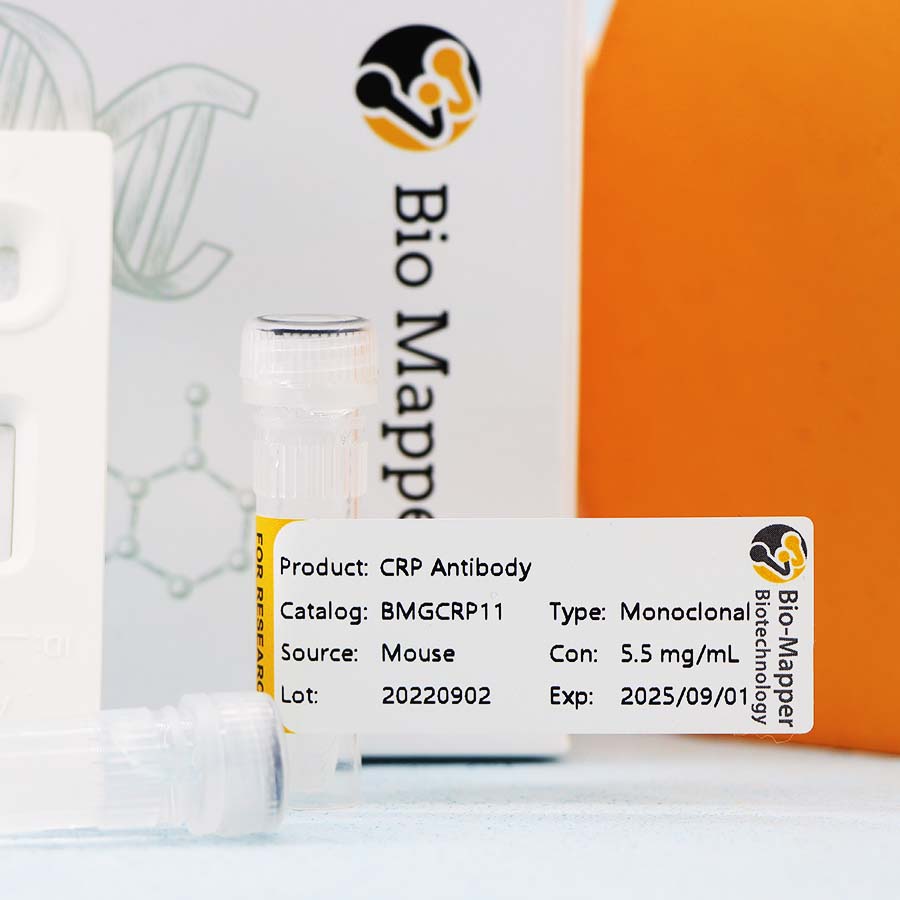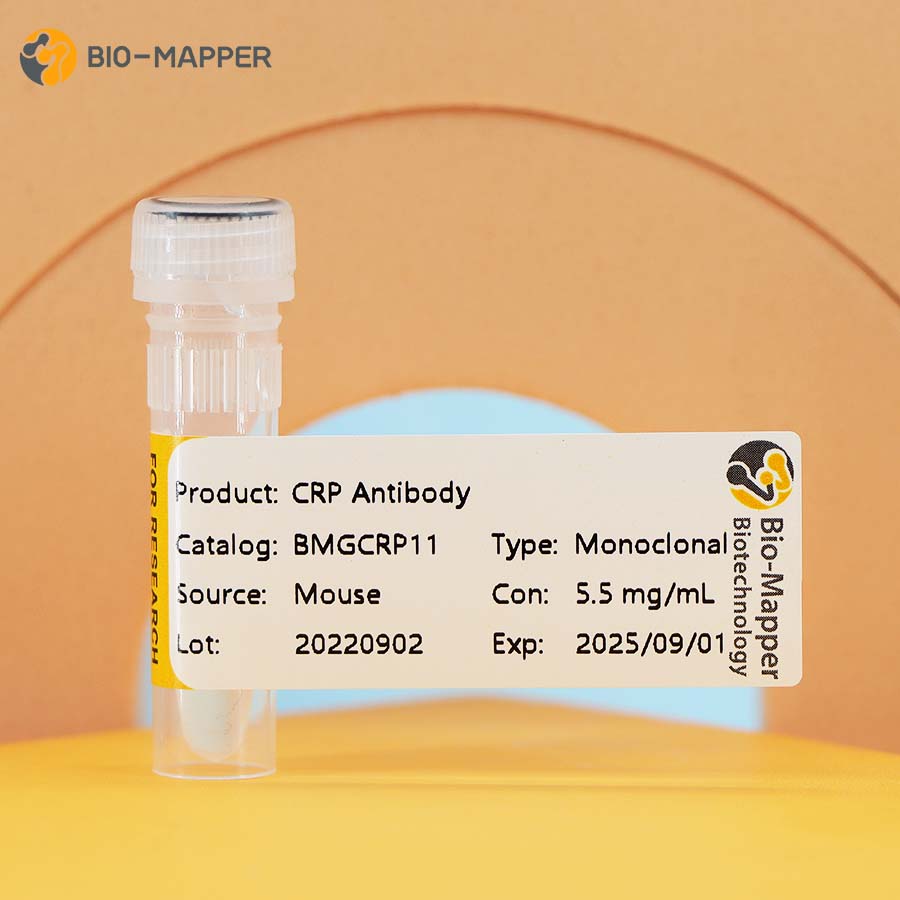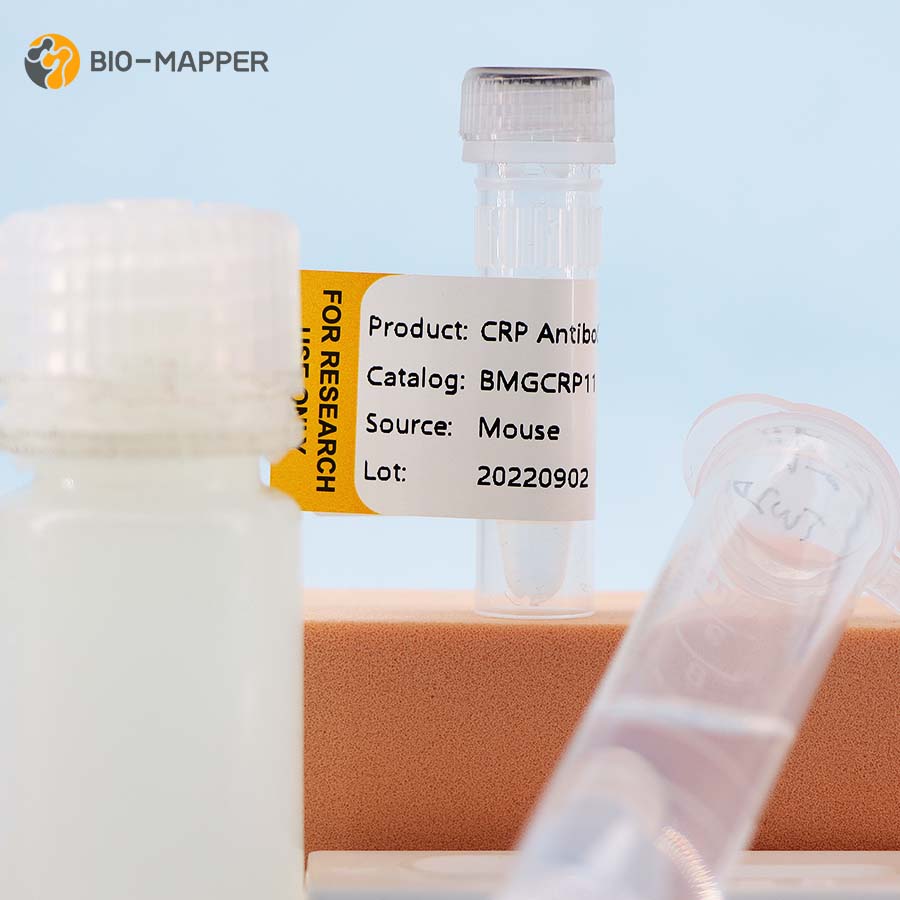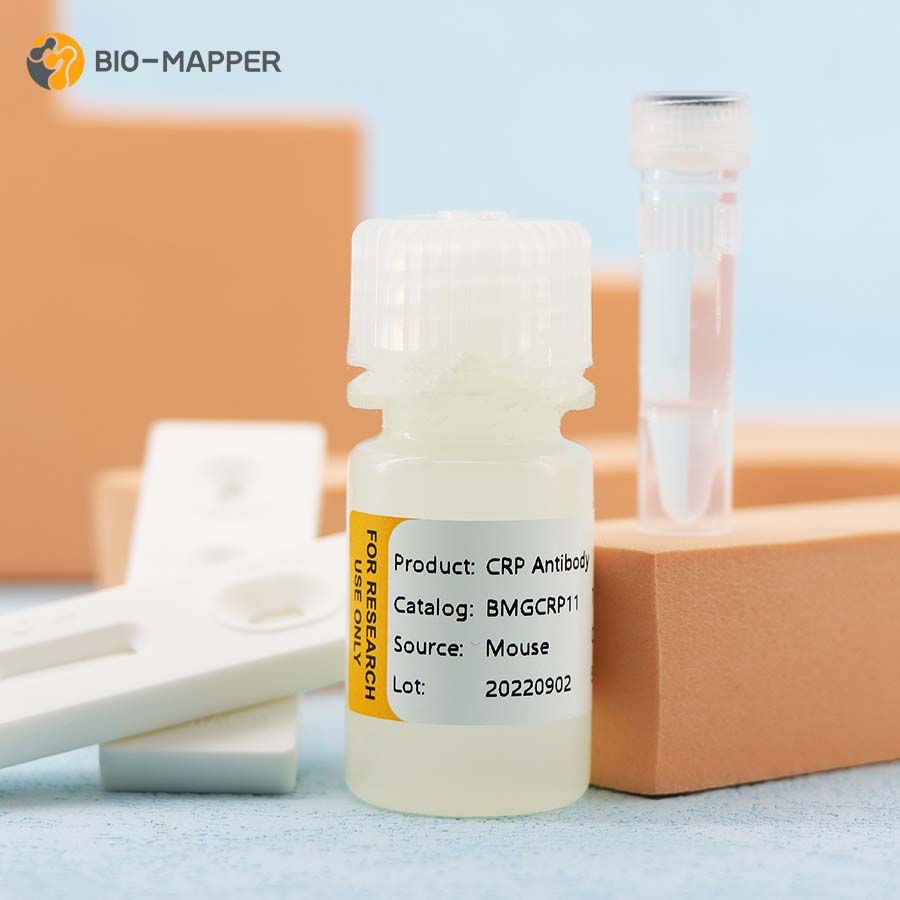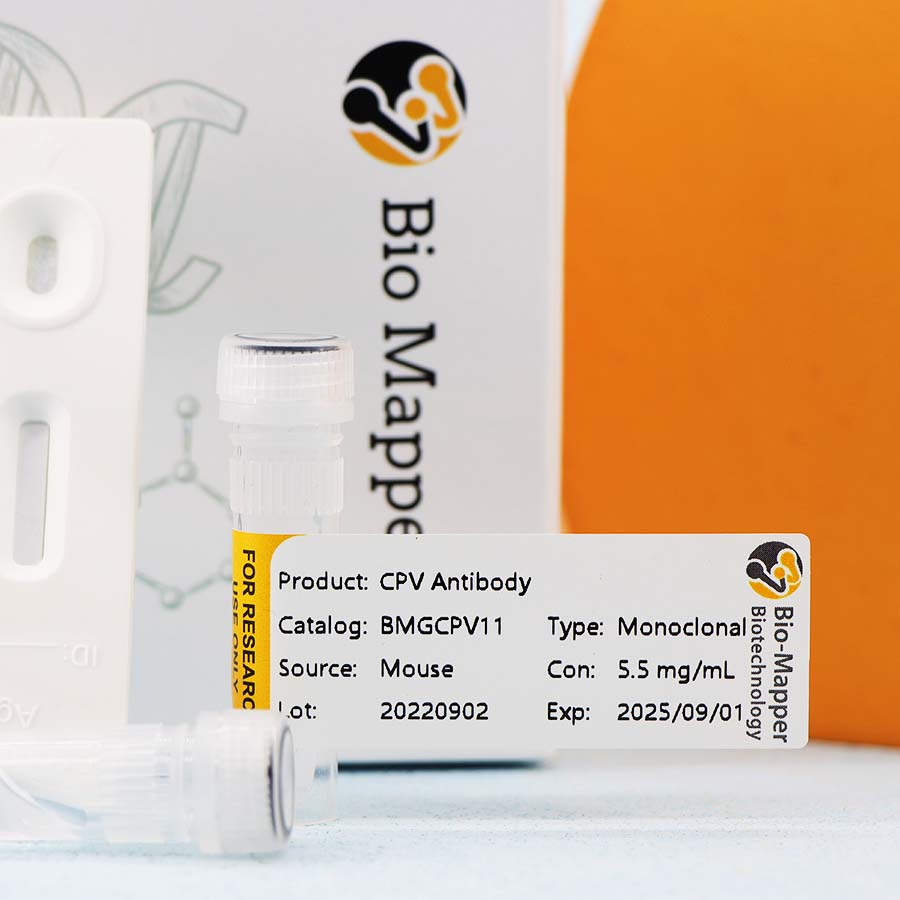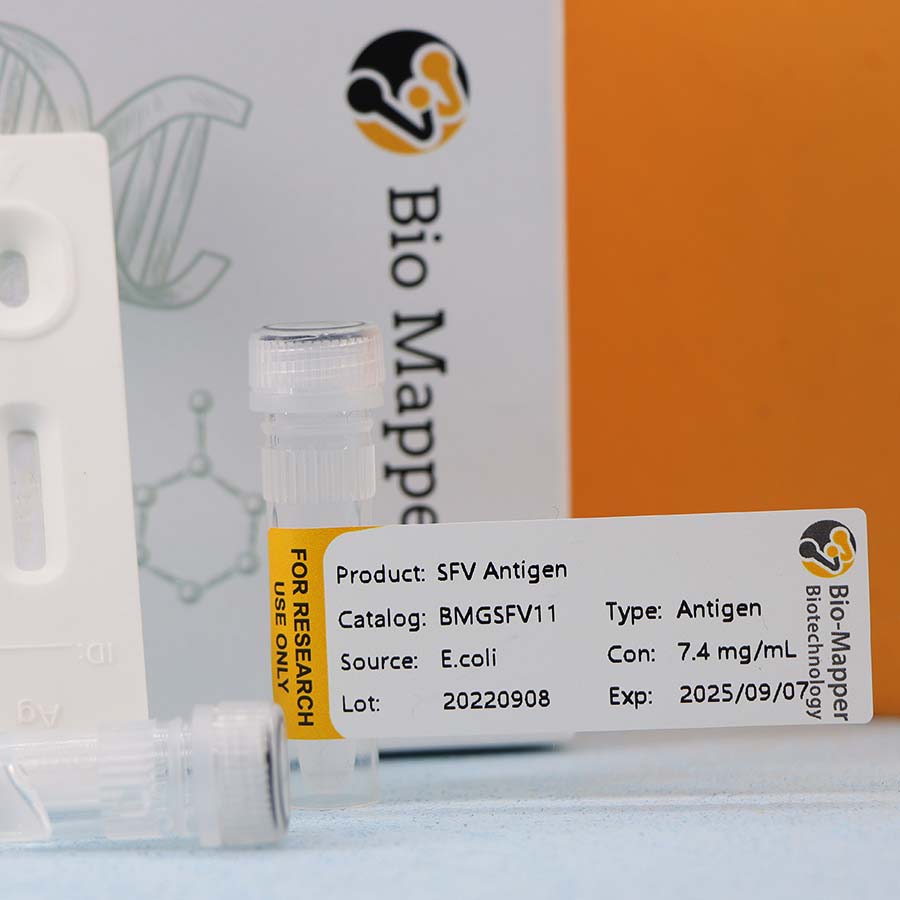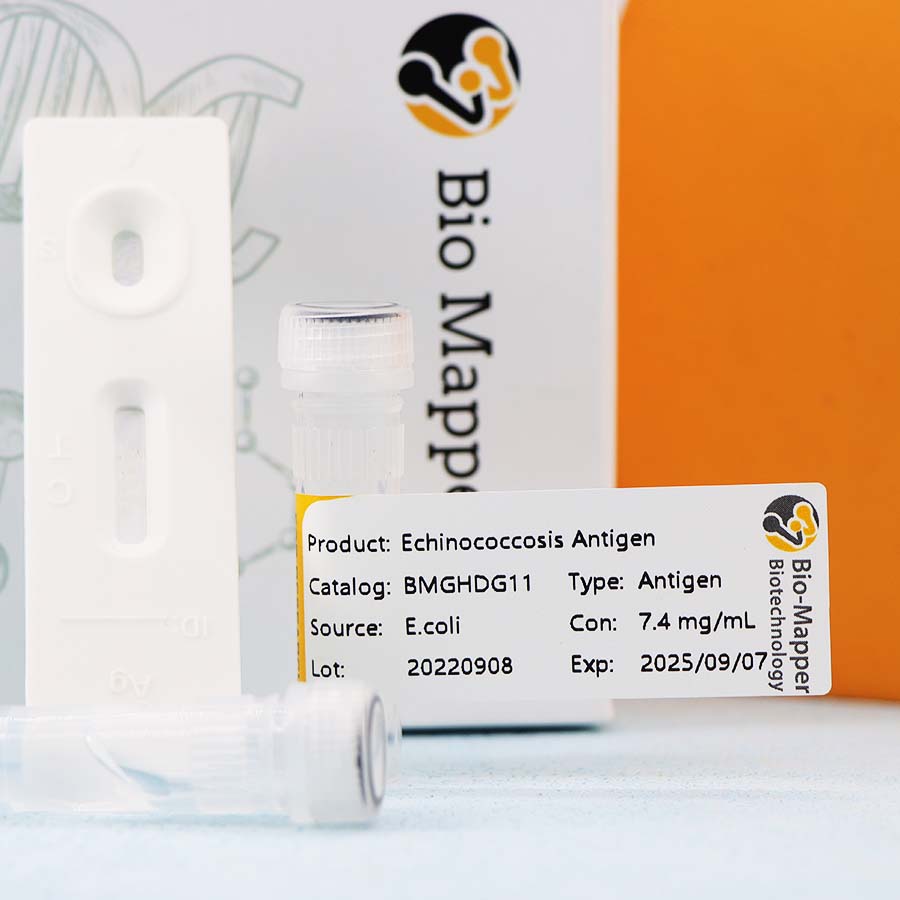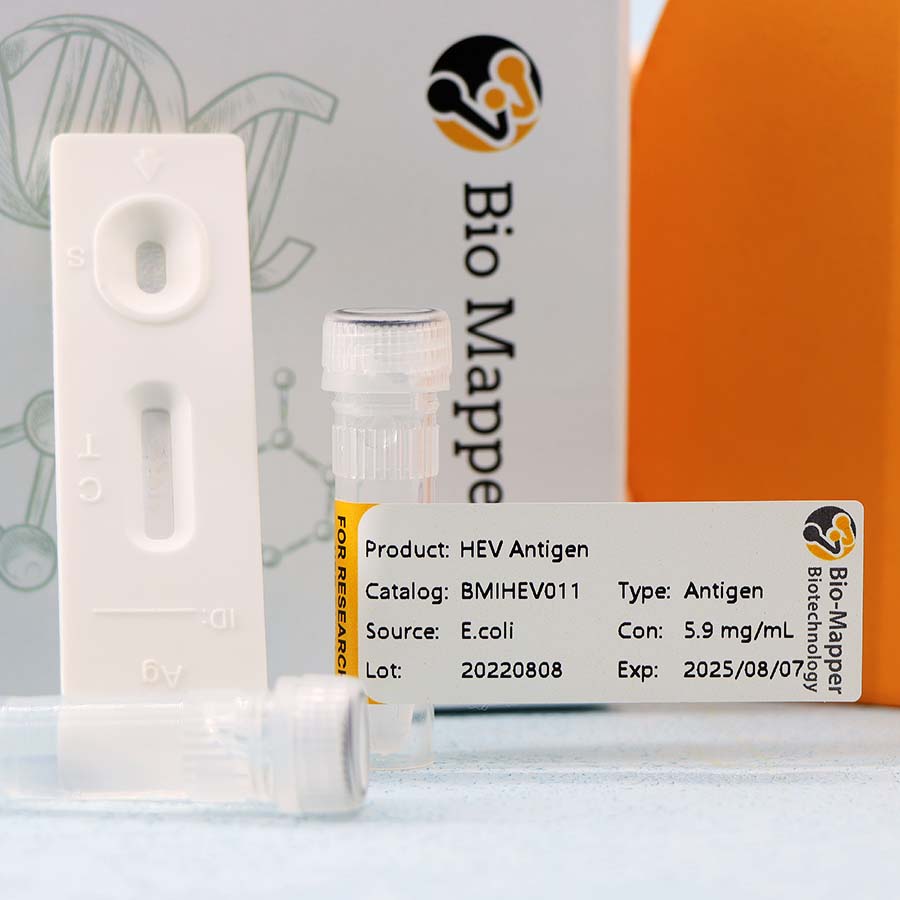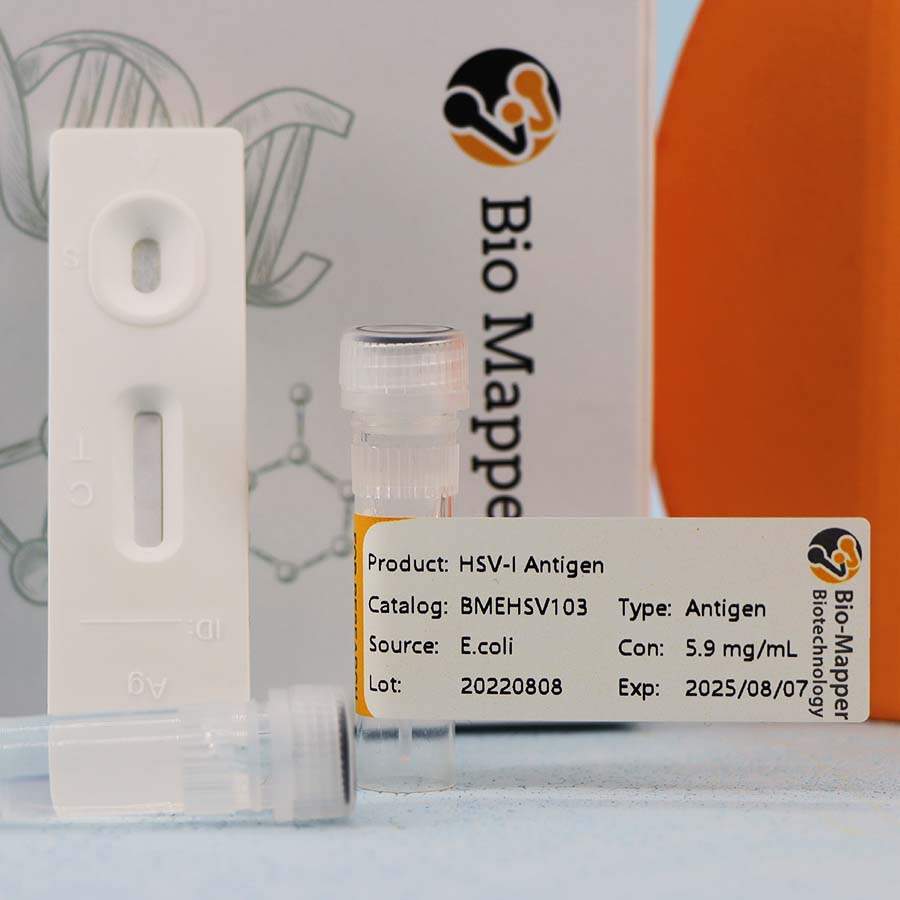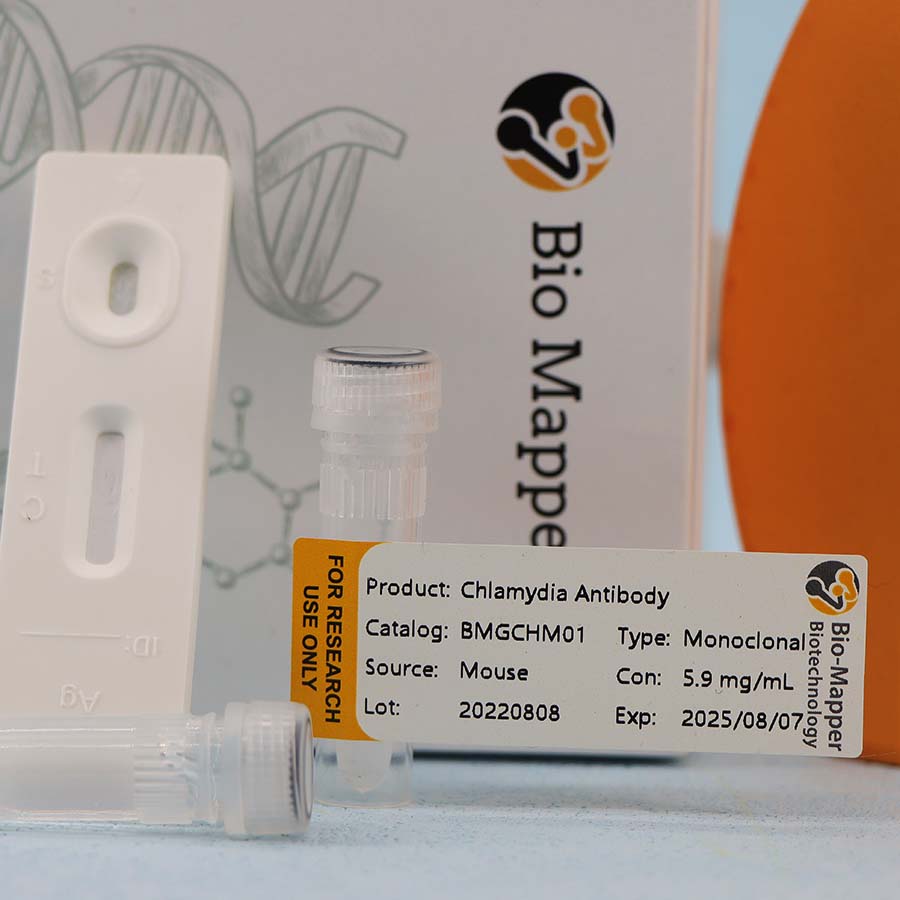Basic information
| Product Name | Catalog | Type | Host/Source | Usage | Applications | Epitope | COA |
| CRP Antibody | BMGMCR11 | Monoclonal | Mouse | Capture | LF, IFA, IB, WB | CRP | Download |
| CRP Antibody | BMGMCR12 | Antigen | Mouse | Conjugation | LF, IFA, IB, WB | CRP | Download |
| CRP Antigen | PN910101 | Antigen | Antigen | Calibrator | LF, IFA, IB, WB | CRP | Download |
Human C-reactive protein refers to some proteins in plasma that rise sharply when the body is infected or damaged by tissue (acute protein).
Human C-reactive protein refers to some proteins in plasma that rise sharply when the body is infected or damaged by tissue (acute protein). CRP can activate complement and strengthen phagocyte phagocytosis and play a regulatory role, thereby removing pathogenic microorganisms and damaged, necrotic, apoptosis tissue cells that invade the body, and play an important protective role in the body’s natural immune process. Research on CRP has been around for more than 70 years, and conventional wisdom holds CRP as a non-specific marker of inflammation.
